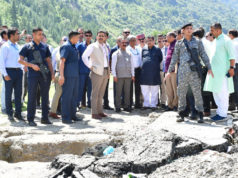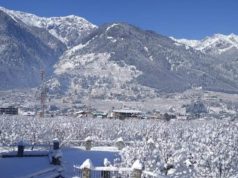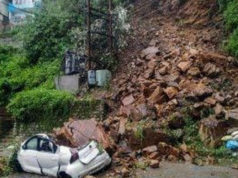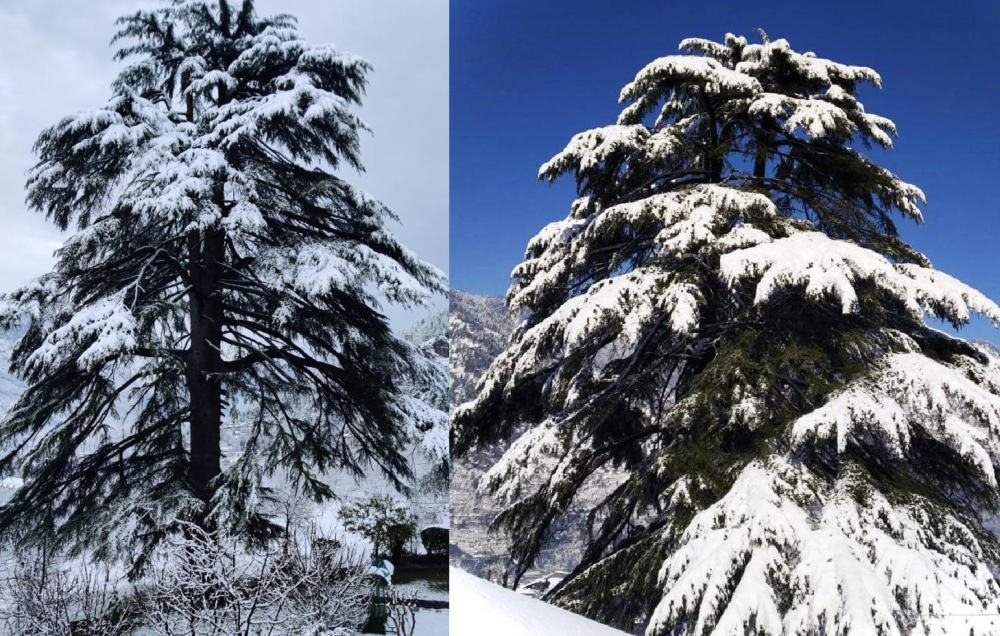
“People who will not sustain trees will soon live in a world that will not sustain people,” a beautiful quote by Bryce Nelson overrides my mind as I look at these pictures. This deodar tree is a true epitome of heritage and identity that stands tall for the past 500 years. It seems like a part of history and a significant landmark that has stood the test of time has finally started to succumb to the never-ending greed and insensitivity of humans.
In a heart-wrenching incident that unfolded on the very day when the world united in its efforts to save trees and protect our fragile ecosystem, a 500-year-old Deodar tree was mercilessly destroyed in Naggar, in the Kullu valley. This shocking act epitomizes a blatant disregard for nature and the sanctity of the environment.
For centuries, the majestic Deodar tree had proudly stood tall, serving as a witness to the passage of time in the historic town of Naggar, Kullu. However, its once-grand stature now bears the scars of irreparable damage inflicted by an influential individual. The ruthless actions of this perpetrator have left the tree’s branches severed and its roots sliced by the merciless blades of chainsaws and heavy machinery.
Outraged environment lovers have raised their voices in protest against this despicable act, but it appears that the promises made during public gatherings or recited in school assemblies about environmental preservation hold no weight when confronted with the grim reality of unabated deforestation.
The alleged perpetrator brazenly claims ownership of the land where the tree stands. However, the norms and regulations governing the felling of Deodar trees clearly stipulate the requirement of prior permission. This raises a poignant question: How can an individual single-handedly destroy a symbol of natural heritage without facing any consequences?
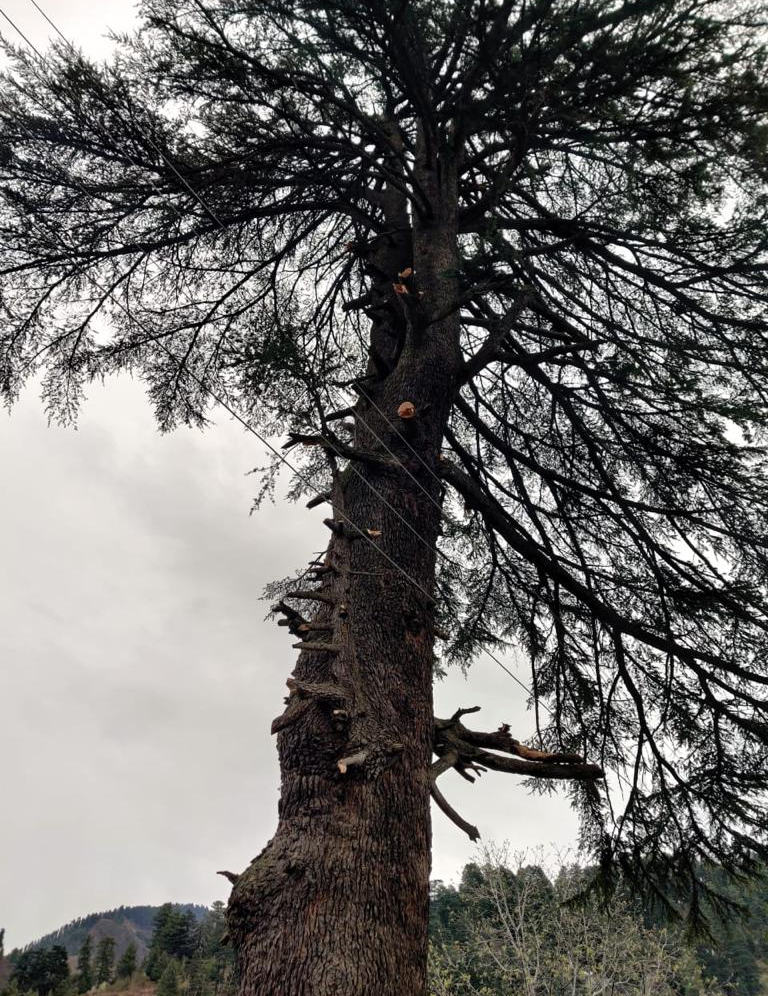
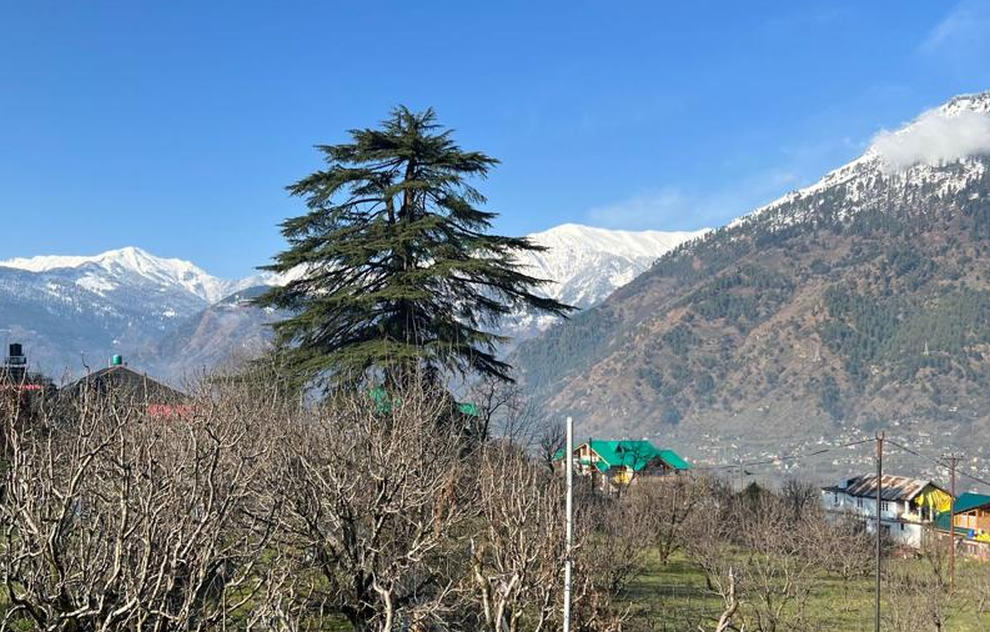
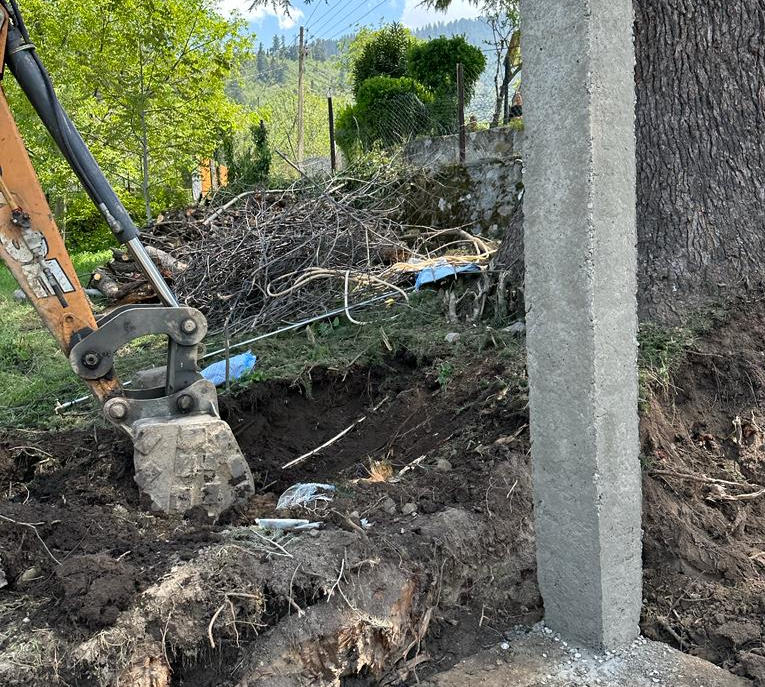
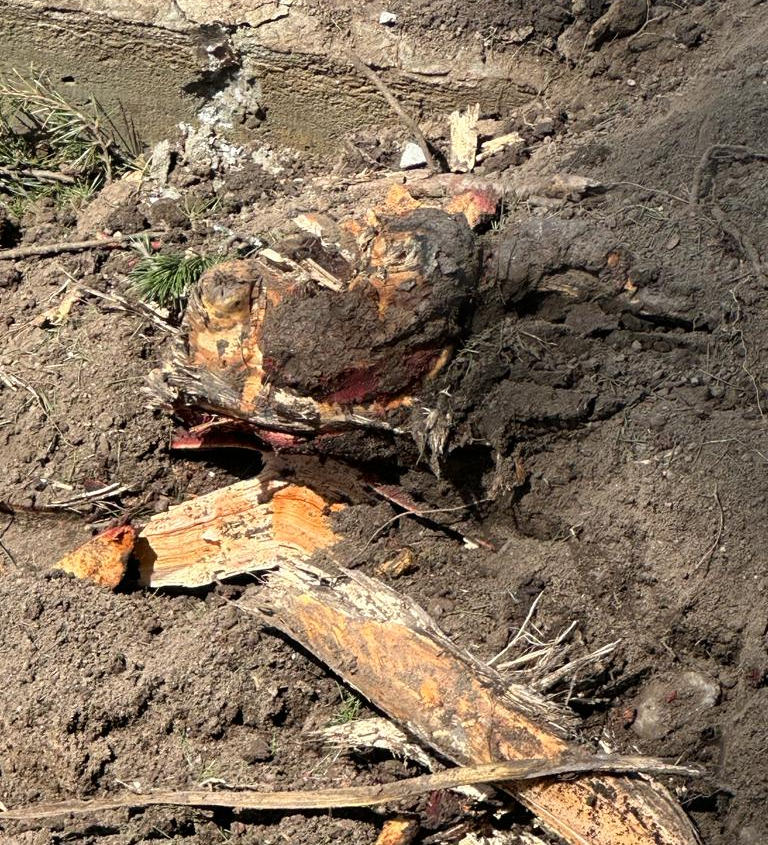
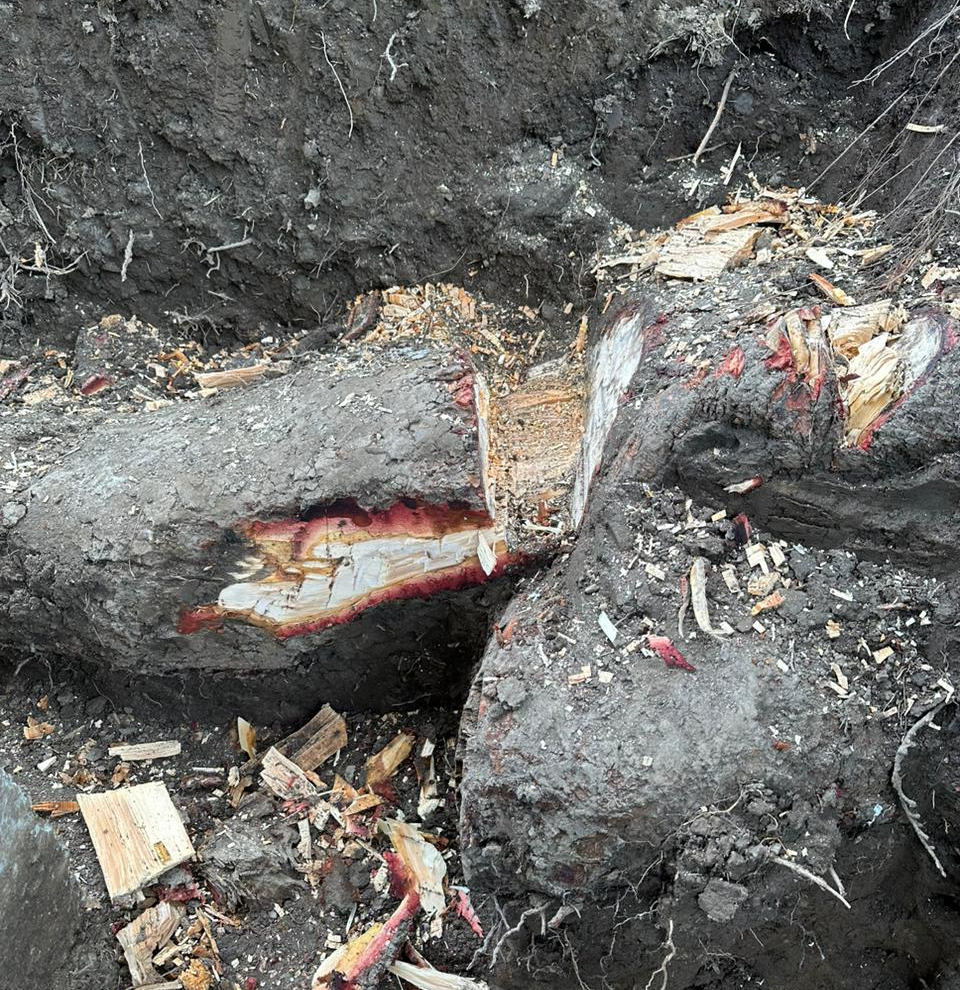
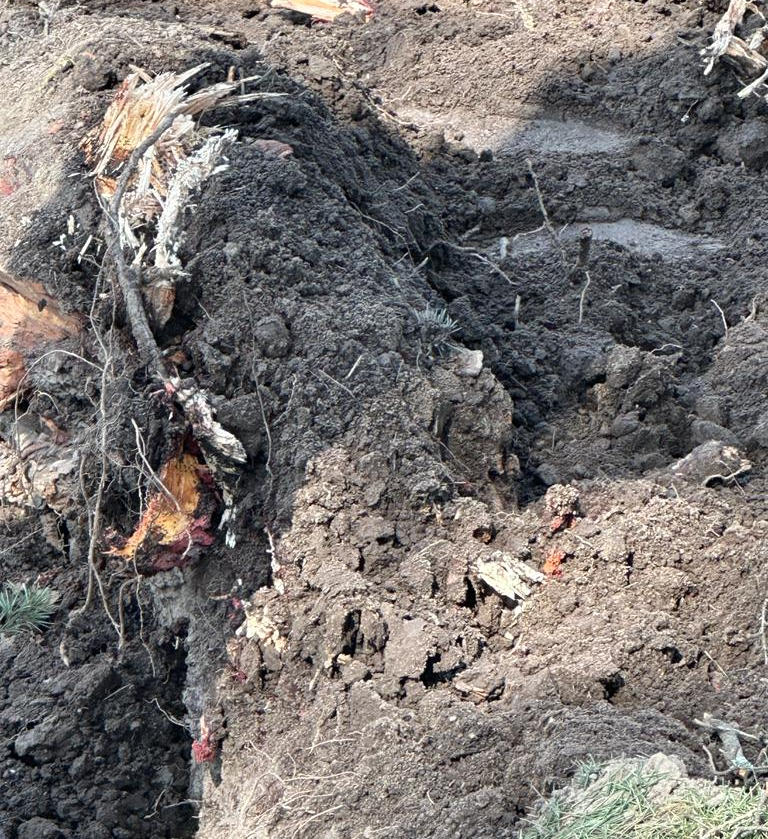
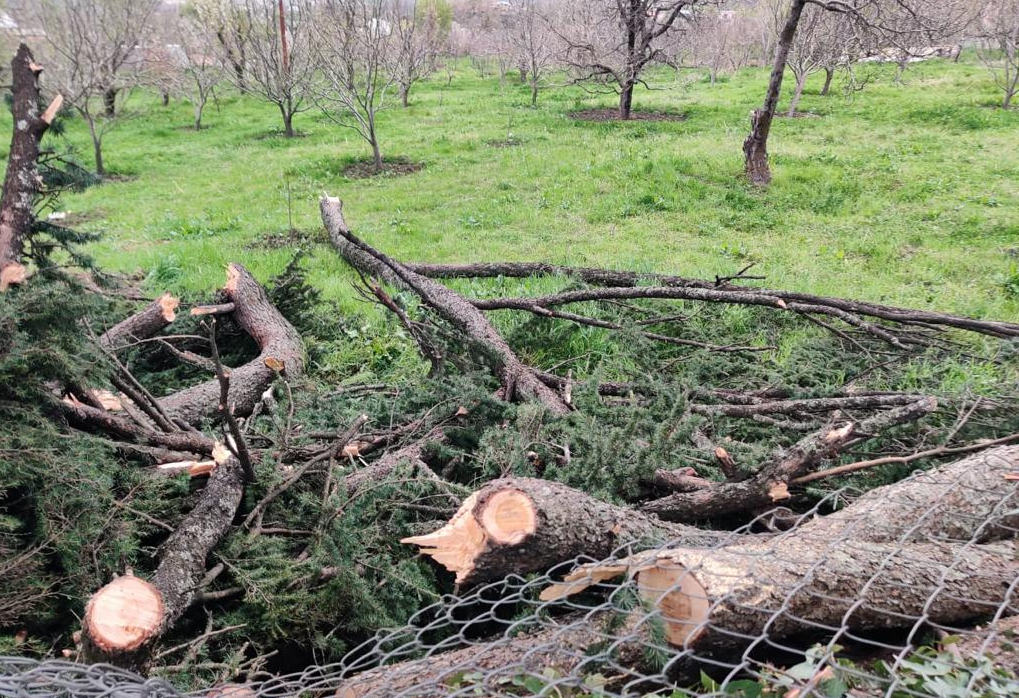
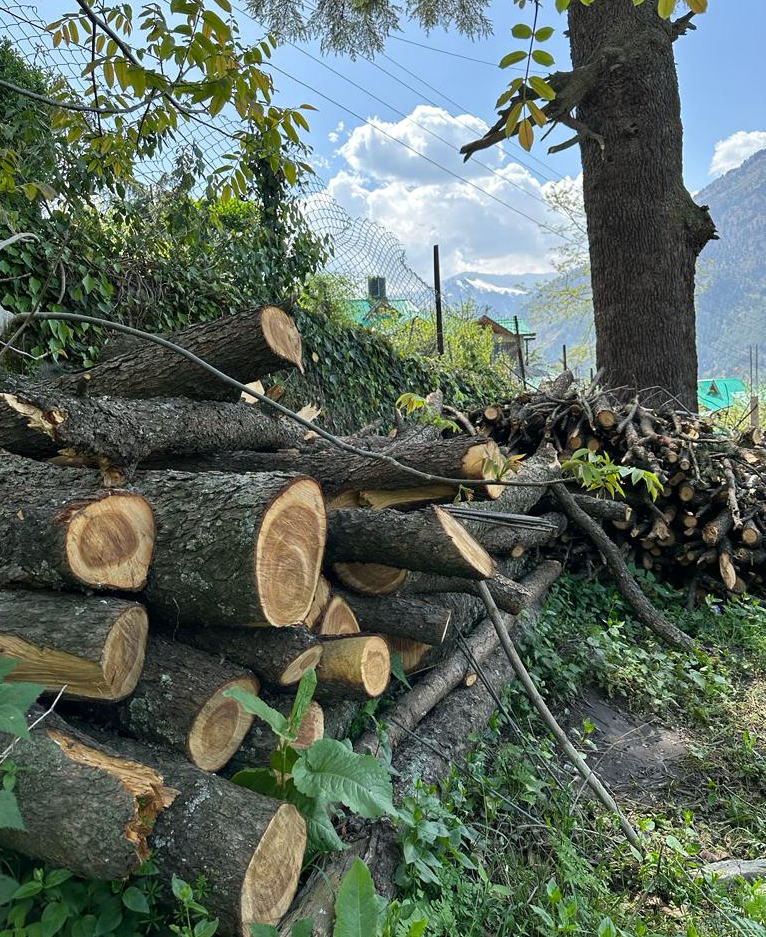
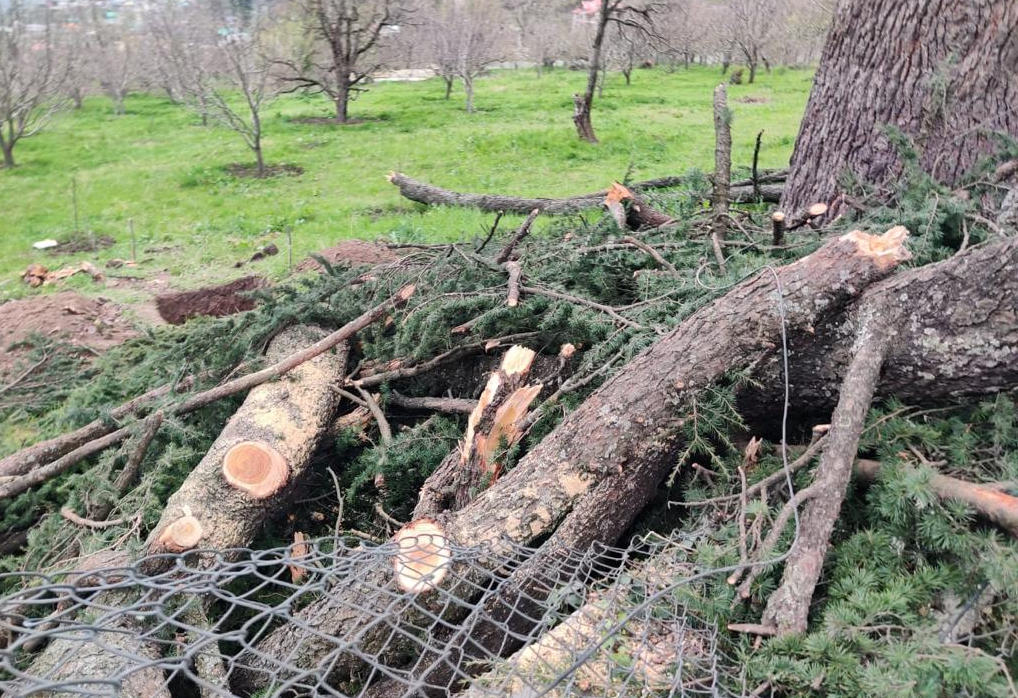
While this incident casts doubt upon the perpetrator’s conscience, it also exposes the negligence exhibited by the government and the administration at large. The Himalayan region, encompassing Naggar and Kullu, is undergoing alarming shifts in temperature and erratic weather patterns. Snowless winters and frequent cloud bursts in summer and monsoon seasons have become the distressing norm. In the face of these environmental challenges, the preservation and protection of trees have never been more critical.
Kullu, often revered as the “Land of the Gods,” now finds itself in a state of helplessness as it witnesses the destruction of its natural heritage. Unless immediate action is taken to rectify the damage inflicted upon the environment, the fate of future generations remains uncertain. Both the perpetrator and the government must awaken from their slumber and prioritize the safeguarding of our natural heritage. It is only through collective efforts and responsible actions that we can forge a path towards a sustainable future for all.



